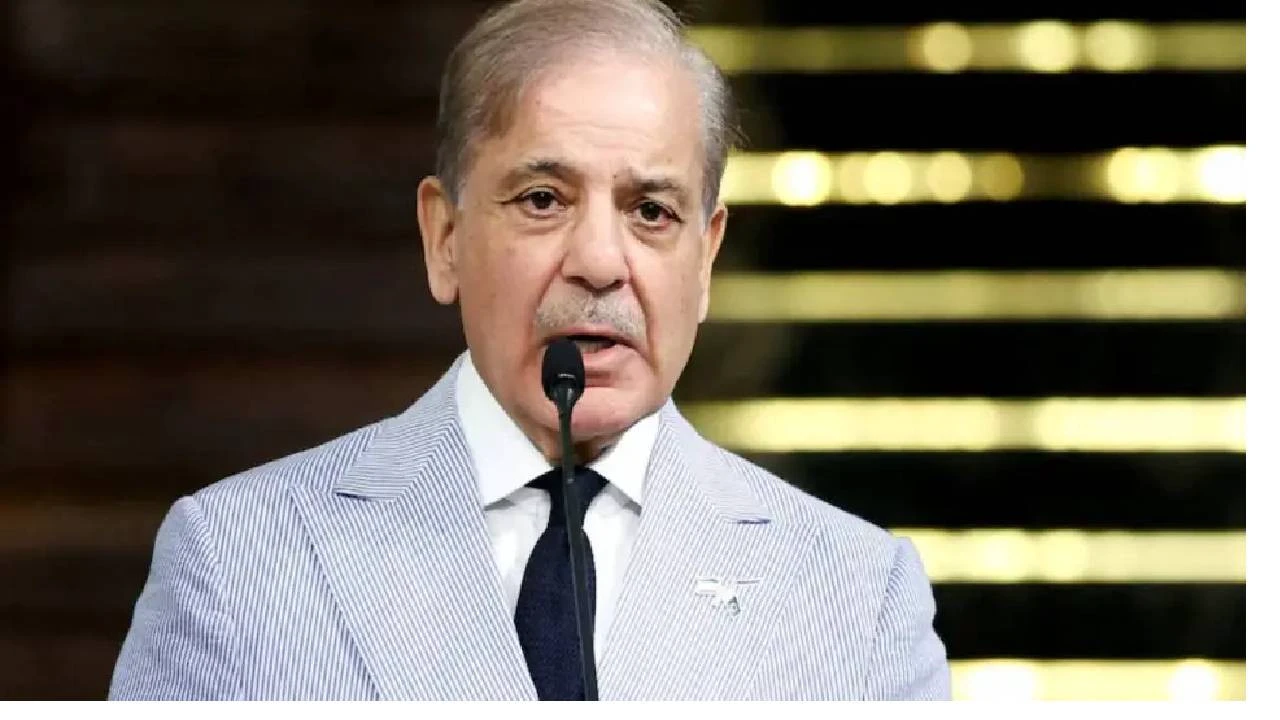International News: Pakistan’s ascension to the rotating presidency of the United Nations Security Council this month has sparked quiet unease in diplomatic circles.
While the position is largely procedural, its potential for narrative-setting is significant. Historically, countries have used this temporary role to raise issues close to their strategic interests. For Pakistan, Kashmir remains a perennial focus. Analysts believe Islamabad may attempt subtle insertions or references in closed-door briefings or public statements. New Delhi, therefore, is expected to monitor every session closely.
Kashmir Looms in Background
Though Kashmir is not officially on the UNSC agenda, Pakistan may exploit informal platforms and press briefings to internationalize the issue. Over the years, it has tried to revive global attention toward what it calls “human rights concerns” in the region. India has consistently opposed such moves, calling them misleading and factually incorrect. With Pakistan at the chair, even symbolic gestures or side references could create international noise. India’s diplomatic corps is reportedly on high alert for such developments.
India’s Diplomatic Response Readied
India is expected to counter any attempts to politicize UNSC platforms with firm diplomatic rebuttals. New Delhi has, in recent years, bolstered its international alliances — particularly with France, the U.S., and Russia — who are permanent members of the Council. Any unsanctioned attempt by Pakistan to raise bilateral matters like Kashmir would likely be blocked procedurally. However, the concern lies not in official motions, but in influencing global narratives through public addresses, media engagement, and side events.
Pakistan’s Playbook Unfolds Again
This isn’t the first time Pakistan has tried to leverage multilateral platforms for its regional interests. During its previous UNSC terms or at UNGA debates, it has raised Kashmir, often unsuccessfully. But recent geopolitical shifts — such as Afghanistan’s instability and rising India-China tensions — could provide Pakistan new talking points. Islamabad may position itself as a regional “peace advocate,” while indirectly framing India as an aggressor. Such posturing, though symbolic, could influence media and academic discourse globally.
India’s Allies Watching Closely
Key UN members are likely to temper any attempts by Pakistan to weaponize its presidency. Countries like the U.S. and France have openly supported India’s stance on Kashmir being a bilateral issue. Meanwhile, Russia and the UK are expected to tread cautiously. The next four weeks may involve subtle diplomatic chess, where statements, not sanctions, could shape outcomes. India’s Permanent Mission in New York has reportedly ramped up its monitoring and lobbying in anticipation.
Media Optics and Symbolism
Pakistan’s presidency may be brief, but the media optics surrounding it are not. Even if procedural neutrality is maintained, headlines, photo ops, and press briefings could be crafted to suggest legitimacy to Pakistan’s Kashmir claims. Social media campaigns are expected to amplify selective narratives. India’s strategy may involve proactive press engagement, factual counters, and showcasing its democratic credentials. It’s not just about UN rules — it’s also about perception battles outside those walls.
What’s at Stake for India
The coming month is less about policy shifts and more about symbolic power. India’s goal is to prevent the legitimization of Pakistan’s claims in any form. This will be a test of New Delhi’s diplomatic agility, communication precision, and global partnerships. The UNSC may be just one forum — but in today’s hyper-connected world, even symbolic wins echo far beyond. Both nations know: perception is a powerful weapon in international affairs.
